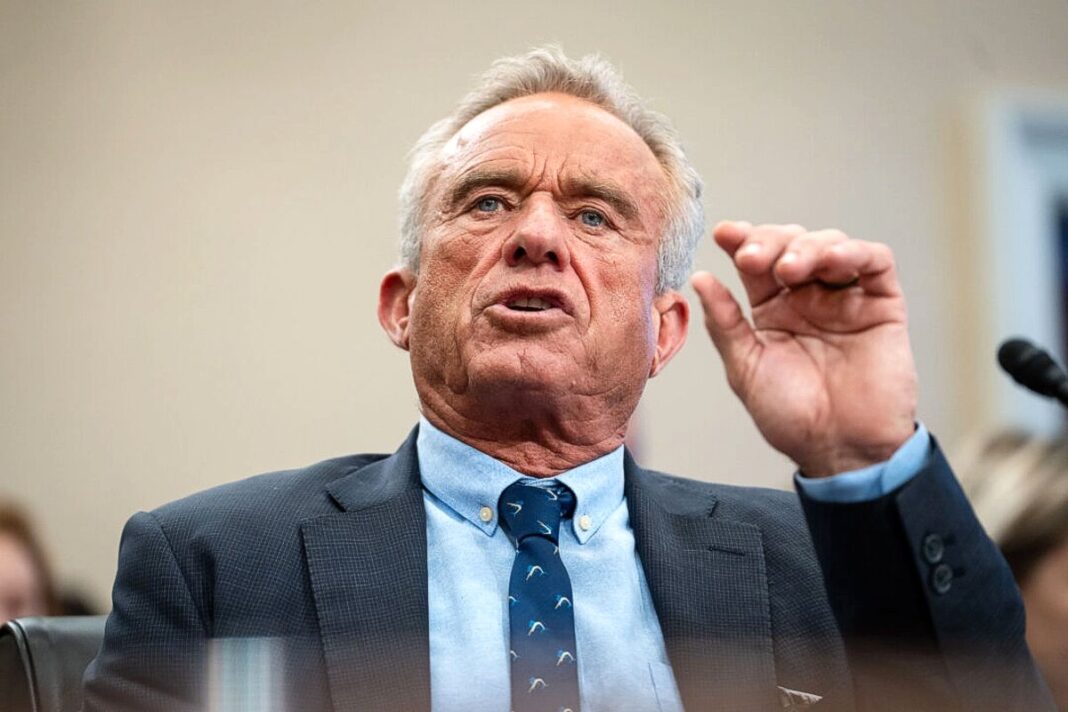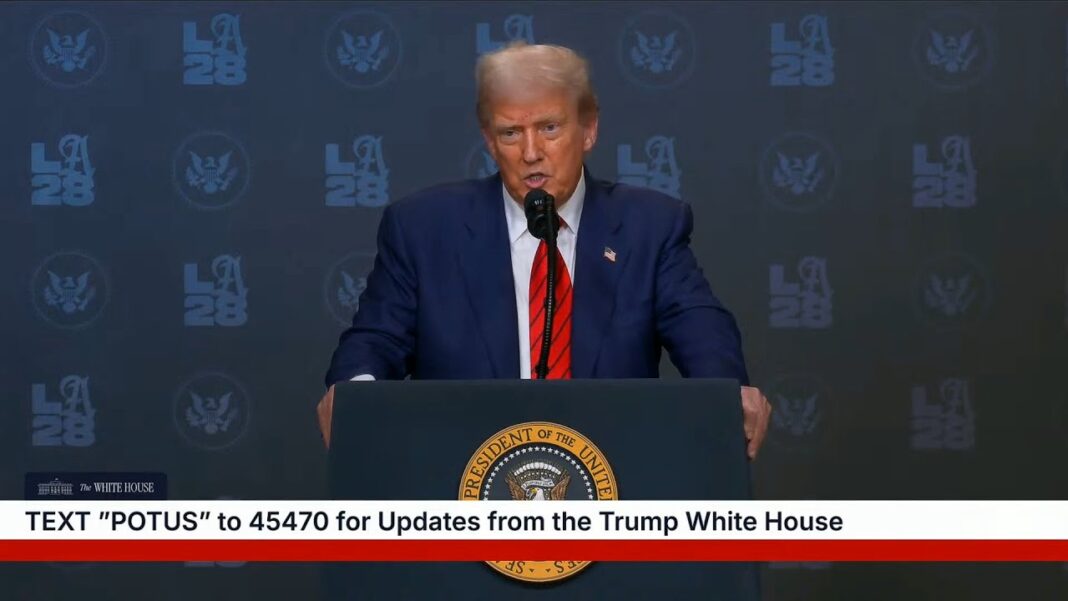The mRNA development activities, managed under the Biomedical Advanced Research and Development Authority, are worth nearly $500 million.
Health and Human Services Secretary Robert F. Kennedy Jr. announced on Aug. 5 that 22 mRNA vaccine development contracts are being canceled and redirected “because the data show these vaccines fail to protect effectively against upper respiratory infections like COVID and flu.”
The mRNA development activities are spearheaded by the Biomedical Advanced Research and Development Authority (BARDA), which is managed by Global Health Investment Corporation (GHIC).
The 22 projects are worth nearly $500 million, according to the Aug. 5 HHS press release.
The news release explained that the decision “follows a comprehensive review of mRNA-related investments initiated during the COVID-19 public health emergency.”
“We reviewed the science, listened to the experts, and acted,” Kennedy said in a statement. “We’re shifting that funding toward safer, broader vaccine platforms that remain effective even as viruses mutate.”
As part of the wind-down, BARDA’s award to Moderna/UTMB for an mRNA-based H5N1 vaccine will be canceled, HHS noted. Contracts with Emory University and Tiba Biotech will also be terminated. Pre-award solicitations from Pfizer, Sanofi Pasteur, CSL Seqirus, Gritstone, and others, as part of BARDA’s Rapid Response Partnership Vehicle and VITAL Hub, will be canceled or rejected.
There will be a “de-scoping of mRNA-related work” in three existing contracts and a restructuring of collaborations with the Department of Defense, impacting nucleic acid-based vaccine projects with AAHI, AstraZeneca, and HDT Bio, HHS reported.
Some final-stage contracts will be permitted to continue, but no new mRNA-based projects will be initiated, according to HHS.
“Let me be absolutely clear: HHS supports safe, effective vaccines for every American who wants them. That’s why we’re moving beyond the limitations of mRNA and investing in better solutions,” Kennedy said.
Kennedy’s announcement signals a broader shift in federal vaccine development priorities, according to the HHS.
BARDA will focus on platforms with stronger safety records and transparent clinical and manufacturing data practices moving forward, the agency reported.
“Technologies that were funded during the emergency phase but failed to meet current scientific standards will be phased out in favor of evidence-based, ethically grounded solutions–like whole-virus vaccines and novel platforms,” according to the press release.








